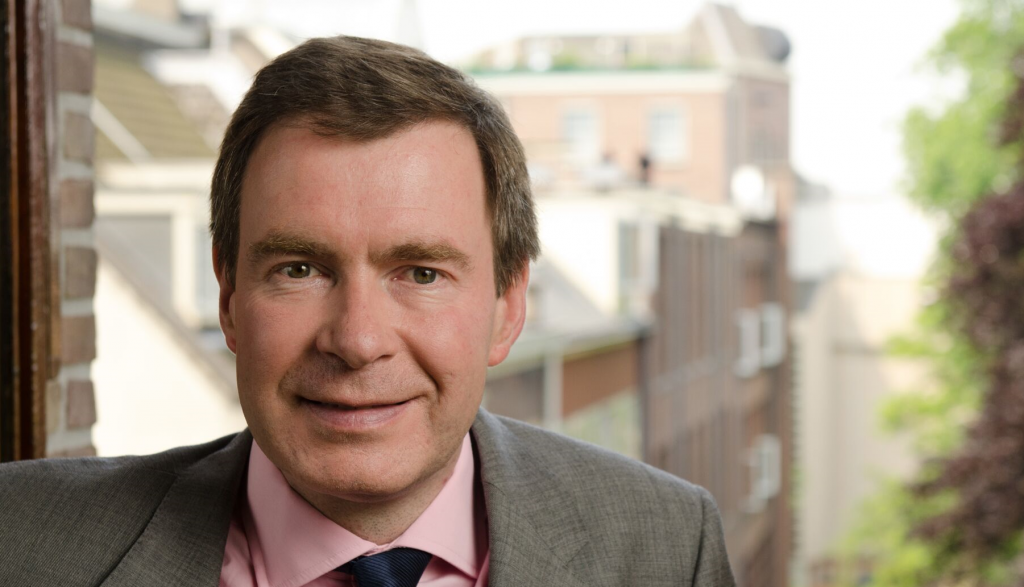Halcyon Trustees managing director John Dean has warned it may only be a matter of time before someone in the healthcare trust sector is caught “with their hand in the till”.
He suggested operators of healthcare trusts may have been improperly using funds already but had just not been caught yet and drew parallels with the Robert Maxwell pensions scandal.
Maxwell defrauded the Mirror Group Newspapers pension scheme of £450m to prop up his business empire which saw many employees’ savings wiped out and ultimately brought tight regulation on the sector.
Speaking at the launch event for the independent trustee firm, Dean (pictured) said the firm believed governance standards in healthcare trusts were too low because it was an unregulated market and he feared this could bring serious consequences.
“Trustees are regulated by the trustee act but broadly it’s an unregulated market. So you’ve got this situation unlike pensions where, because Mr Maxwell put his hand in the till, they all got regulated,” he said.
“No-one has been caught with their hand in the healthcare till – they’ve got in, but they just haven’t got caught.
“Are we going to wait for someone to get caught and then get regulated, or are we going to put our house in order so we don’t end up being regulated,” he added.
Trustees are liable
Dean explained there was a heavy burden on trustees compared to insured schemes and revealed some of the most common issues prevalent in the sector.
In a healthcare trust the trustees have to set the rates and they must also handle complaints.
However, if the member does not like the complaint outcome the only thing they can do is sue the trustees, they cannot go to the ombudsman. Financial reporting must also be done by trustees, Dean explained.
In one situation Dean cited, a client was unable to find the deed and rules of the trust because they did not have it and the adviser and administrator did not hold copies.
He added that incorrect names of trustees on the trust was also a common situation – that despite people having left or retired, they were still listed on the trust and therefore liable.
And there were also examples of incorrectly executed trusts and rules of the trust just being ignored.
“Not keeping accurate financial statements, is another one,” Dean said.
“There are examples of some companies where they are not even sending the money to a separate bank account.”
Embarrassing situations
As a result, Dean highlighted how these poor governance processes could lead to major impacts on significant business operations such as mergers and acquisitions.
“Just imagine the embarrassment when the chief executive sends a note around saying: ‘Good news we’re about to be sold, there’s a data room setup, put all the trustee data in the data room so the new buyer can see it all’.
“And they realise there’s no trustees, the bank accounts aren’t correct, it’s all gone wrong. Just imagine the embarrassment. It’s reputational risk for the employer, for the directors and trustees.”
He also warned of the possible issues that could arise should internal audit teams or HM Revenue and Customs decide to examine the arrangement.
Much of this was as a result of there being little or no support for trustees to ensure they were operating schemes properly and efficiently, or from some intermediaries when schemes were being initiated.
With Dean noting that some advisers “have not got a clue what they are doing with healthcare trusts”, believing that it was almost the same as insurance.
“It’s not, it is a trust and it is completely different, it is so different. It’s not different in terms of the member, it’s different in terms of the structure.”
He added: “Healthcare trusts are important, they cover a lot of people.
“The biggest healthcare schemes in the UK are trusts, but we’ve got to improve the standards, we know we’ve got to improve these standards.”
